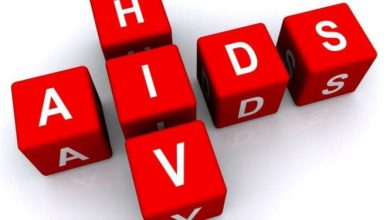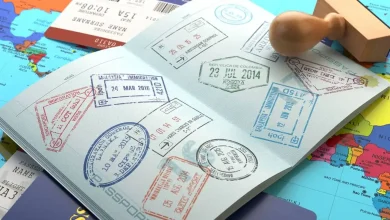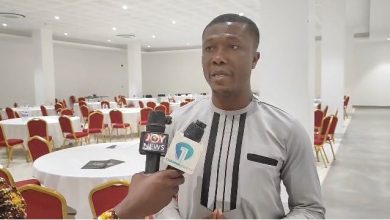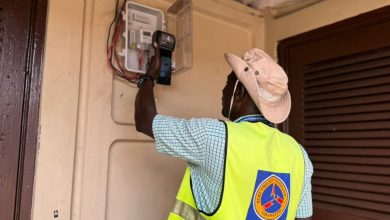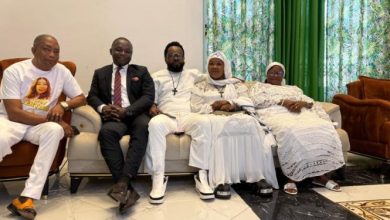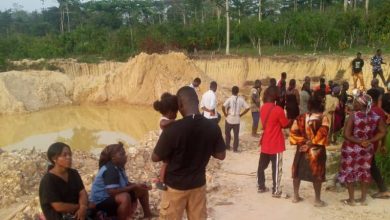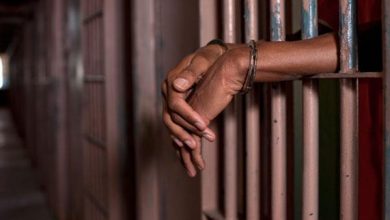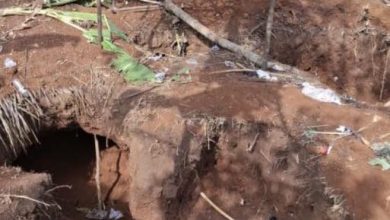Operation Halt II relaunched: As chiefs, MMDCEs empowered
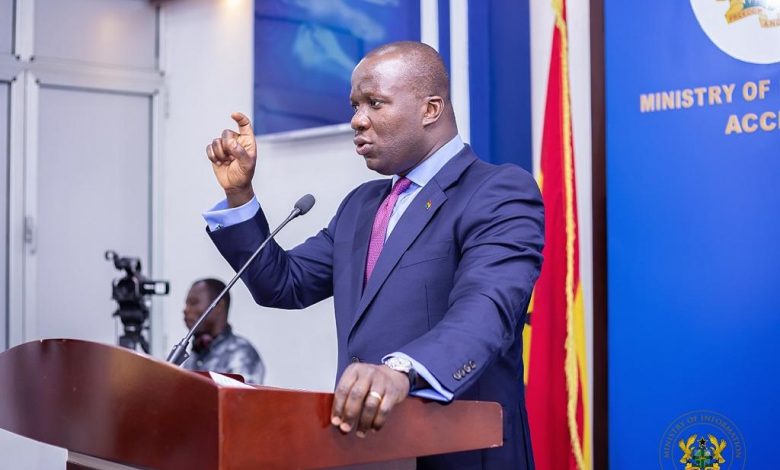
The government has relaunched Operation Halt II to reinforce the war on illegal mining activities (galamsey).
In addition, the granting of mining licences by the Minerals Commission and other relevant bodies will now involve the inputs of chiefs, regional ministers and metropolitan, municipal and district chief executives (MMDCEs).
The Minister of Lands and Natural Resources, Samuel Abu Jinapor, made this known when he took his turn at the Ministers’ Press Briefing in Accra yesterday[October 13, 2022] to update the media on the fight against galamsey.
Operation Halt II
Originally launched in April 2021, Operation Halt II, made up of personnel from the Ghana Armed Forces, sought to remove all persons and mining equipment from water bodies and forest reserves in the country, including decommissioning and demobilising equipment where necessary.
Over the period, the team worked on major rivers, such as, Pra, Offin, Ankobra, Birim and Ayensu, as well as forest reserves in the country.
As a temporary measure, the team relaxed its operations when some of the rivers started showing signs of clearing up.
Resurgence
However, with the resurgence of galamsey activities across the country, the minister said the Operation Halt II was relaunched on October 11, this year, following a review of the earlier operation.
Giving more details, he said Operation Halt II would run alongside other measures being implemented by the ministry, such as the declaration of river bodies as red zones for mining, the suspension of reconnaissance and prospecting activities in forest reserves except in exceptional cases, and the ban on the manufacture, sale and use of changfan.
Others are the procurement of speed boats to patrol the rivers, the recruitment of river guards to support the protection of the rivers, the introduction of mercury-free gold Katchas, the establishment of 83 Small Scale Mining Committees in all mining districts in the country, the revamping of Community Mining Schemes, and the introduction of the National Alternative Employment and Livelihood Programme which now engages about 80,000 people in alternative livelihood projects.
Sustainability
Mr Jinapor said the new Operation Halt II was well thought-through, and was ready to take care of the current resurgence of the galamsey menace, with funding secured to ensure its sustainability.
He said the operation was concurrently taking place in the Southern, Central and Northern Commands, and already, 20 excavators and scores of changfans and other mining equipment had been decommissioned.
According to the minister, the Operation Halt II team had been instructed to use their discretion whether to decommission or seize equipment, assuring that, that would be done without interference from any quarters.
He stated that the team would be held accountable for any lapses in their operation and, therefore, they were not supposed to take instructions from anyone, including him.
Mr Jinapor said the ministry had submitted to the Military High Command details of all licensed mining operations in the country to guide them in their operations, adding that the team would be assisted by mine inspectors and personnel from the Criminal Investigations Department (CID) of the Ghana Police Service to gather evidence for prosecution.
He said the government was committed to ensuring that anyone found culpable was made to face the full rigours of the law.
Throwing more light on the new licensing regime, Mr Jinapor said the decision followed a directive given by President Nana Addo Dankwa Akufo-Addo after he had met with members of the National House of Chiefs on October 5, 2022, during which it became evident that for the government to win the fight against galamsey, chiefs must play a central role, particularly, in the granting of mining concessions and licences.
He said the decision was also taken with the conviction that because every galamsey site fell within the jurisdiction of a traditional authority, chiefs must play a key role in the granting of mining licences to help rid their respective jurisdictions of illegal small-scale mining.
Mr Jinapor said following the meeting with the members of the National House of Chiefs, “a lot of streamlining was being done”.
“Hence, the processes involving the Minerals Commission making recommendations in the granting of licences have been altered dramatically and that will mean the chiefs will now play a central role in the processes,” he stated.
Mr Jinapor, however, revealed that there were many stories making the rounds to suggest that there was a “disconnect among chiefs, the political leadership and security operatives”, observing that the development did not augur well for the efforts being made to halt galamsey.
The minister reiterated the fact that the war against illegal mining was a collective fight and not only for the government.
Constitution
While stressing that the Constitution vested mineral resources in the country in their natural state in the President to be held in trust for the people, he added that the President had delegated power to the Ministry of Lands and Natural Resources to manage such resources.
He said a critical look at the process in simple terms regarding which entity was permitted to have a final say in terms of granting mining licences or concessions showed that it was the Ministry of Lands and Natural Resources.
“But here we are talking about the involvement of traditional rulers in the fight against galamsey, yet we don’t seem to give them any active direct central role to play in the processes leading to the granting of concessions in many cases,” he intimated.
Mr Jinapor revealed that part of the concerns raised by chiefs at the meeting with the President was that they were usually not consulted on matters of the granting of licences, only to find people with licences to mine in their respective jurisdictions.
“They are not consulted or involved in the granting of licences, yet we are asking them to support us in our efforts to fight illegal mining,” the minister pointed out.
Education campaign
Touching on the public campaign against illegal mining and its negative impact on communities, he said his ministry was rolling out a national public campaign against illegal mining and its adverse effects on the environment and the health of the people.
“We have also rolled out advertisements on television and radio to educate the public on the dire consequences of illegal mining,” the minister said.
Source: Graphic online

